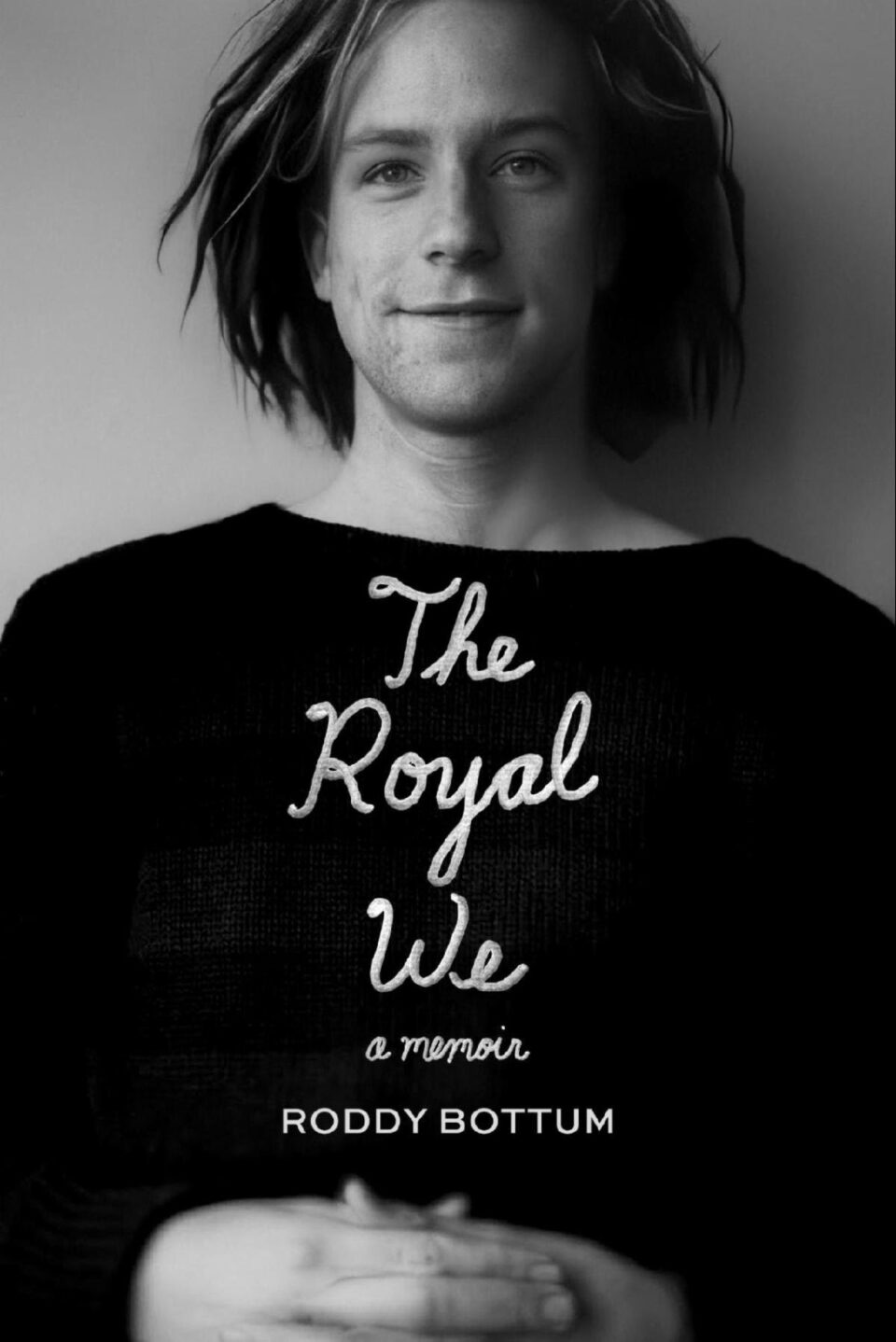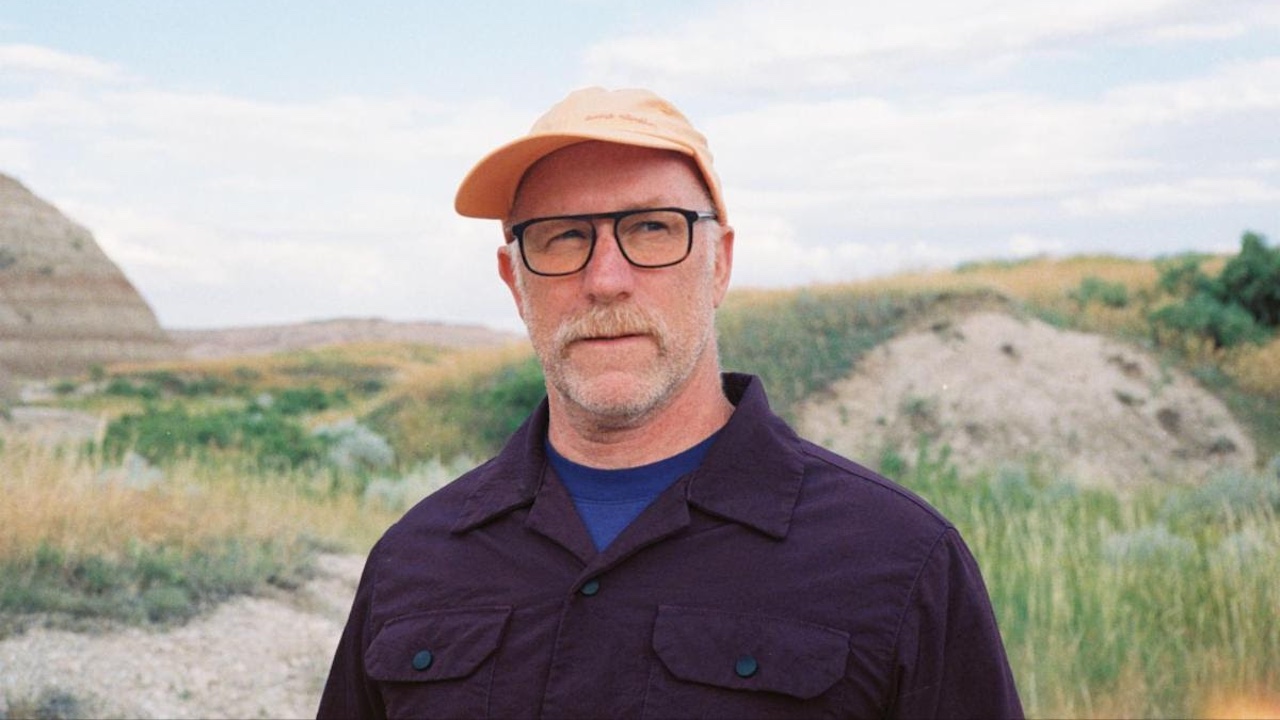When’s the last time you pulled up a Faith No More video from a few decades ago? Or watched some of the riotous prank exchanges they engaged in at festivals with unknowing kid reporters? Beyond man-out-of-time Mike Patton and his antics, the entire band consisted of eccentrics dressed in all manner of clothing: bright plaid shirts, hospital smocks, oversized sunglasses, wacky suspenders that should’ve only been seen in public at comedy clubs, and so on.
If you look closer, you’ll notice one of the self-proclaimed heretics (both of religion and pop music) was actually a mild-mannered young man who dutifully performed keyboards and rhythm guitar duties, as well as handling backing vocals. The relatively quiet San Franciscan Roddy Bottum enjoyed a long tenure with Faith No More, in the midst of which he became one of the first celebrities of significant repute to come out of the closet. As Bottum tells me, it’s hard to explain to young people how difficult it was for anyone to publicly declare that they wanted a romantic relationship with a member of the same sex back in 1993. Or maybe it actually isn’t that difficult of a conversation: All parents have to do is swap in the word “gay” for “trans.”
We caught up with Bottum to commemorate the release of his new autobiography recalling his coming out and much more, The Royal We, earlier this month. While the 250-page memoir is densely packed with vivid memories, bold admissions, and recollections galore of Faith No More, Bottum graciously granted FLOOD his time so that we could dig deeper into the life of one of the more humble and under-appreciated musicians in hard rock over the last few decades.

Are you surprised by the positive reaction with which readers are receiving your book?
Kind of not. I mean, it’s still in such an early stage of [the promo campaign]. It is overwhelming, all the emotional feelings I’m having now that I’ve put it out into the world. The actual process of writing the book was mechanical and methodical. Now that it’s reaching people, it’s very intense for me to talk about it. It sort of feels like I’m really affected by what people think of me, but also, it’s a really precious thing to share. It was very intimate, and there are super-intense, private things that I share about myself. From a young age, I always had secrets, whether it was hiding the fact that I was gay or hiding my drug use. I kept those things very close to myself. The writing process just felt like diary entries, and that I was just being honest with and talking to myself. I didn’t realize right away that it was going to be a book. Once that became clear to me, it did get a bit heady.
What a juxtaposition, then, as you made public appearances introducing the book and telling your life experiences to strangers.
I feel like one of the victories in my life and my journey is that, after coming out of the closet, I was able to speak to kids who hadn’t gone there yet. It was scary to do. The rock world was pretty macho-driven at the time—a lot of testosterone, a lot of male energy. But the aftermath of coming out of the closet was divine. After doing shows with Faith No More, we’d find ourselves on the street, and there would be queer kids who would hug me and talk about how appreciative they were that there was a voice they could cling to and find solidarity with. It felt so good, and it still feels so good. I still can’t believe this, but Rob Halford has said that I was an inspiration for him coming out, too.
Do you think trans kids have it even harder than gay kids did decades ago?
Being a gay kid is a lot easier of a go, for sure. It was odd writing this book, as I wasn’t sure if kids would understand it. It doesn’t seem as pertinent right now to whine about or to feel guilty or shameful about being gay. When I came out, I’d just started Imperial Teen, and I started singing and using words about myself and coming from a way more personal perspective. I went through complete nervous breakdowns. A lot of people died and others were getting off drugs. It was a really sketchy time for me, and it was scary. I needed to [evaluate myself] in the only way that I knew how, which was through music and through some camaraderie. That’s what Imperial Team was: It was super-pointed and imperative to start that band for my recovery, for lack of a better term. It opened the floodgates of a lot of artistry and honesty. Not to say that I wasn’t honest in Faith No More, but it’s just a different role, like playing a keyboard in the band and not singing. But looking back on Imperial Teen now, it really did save my life. And that’s why Imperial Teen is the happy ending of the book.
Did you ever dress up as Roddy Piper for Halloween?
Oh my God [laughs]. No, I never dressed up as him for Halloween—but I did encounter him one time, when we were both on a talk show in England. The rest of us [Faith No More] were on the panel, and then Roddy came on. He was insane, even though—or perhaps because—he was on camera. He jumped onto a chair and on the desk like a crazy rabid monkey. He was yelling and screaming. Eventually I said to him, “Hey, my name is Roddy, too.” But it was just a blip for him and he merely said, “Oh, cool.” Then he kept screaming and yelling—he really was acting insane. That provoked [the show runners] to cut to commercial. As soon as the camera went off, he [turned to the rest of us] and said, “So how are you guys doing?” It was like a total switch.
What does a day in the life of Roddy Bottum look like these days?
I’m finding myself in a lot of reading circles, which is kind of fun and provocative and intellectual. They’re nice places to be. We’re reading this book by Nate Lippens called Ripcord. It’s tales of a gay man who’s really got a good sense of humor. I also just read this amazing book called Practicing Dying by Charlotte Northall. That’s about a woman in recovery. I don’t usually read memoirs, but that one is stunning. Also, I’ve been on a rampage against MAGA lately, so I don’t feel like I’m falling into complacency. I’m an artist. That’s my job. And that’s what I need to do. I need to provoke and I need to demand answers and I need to challenge things.







